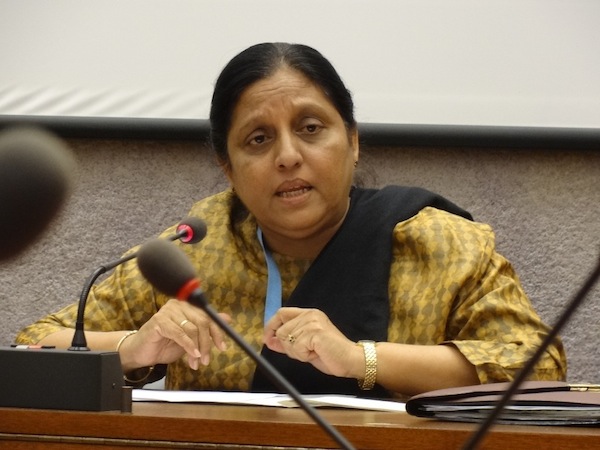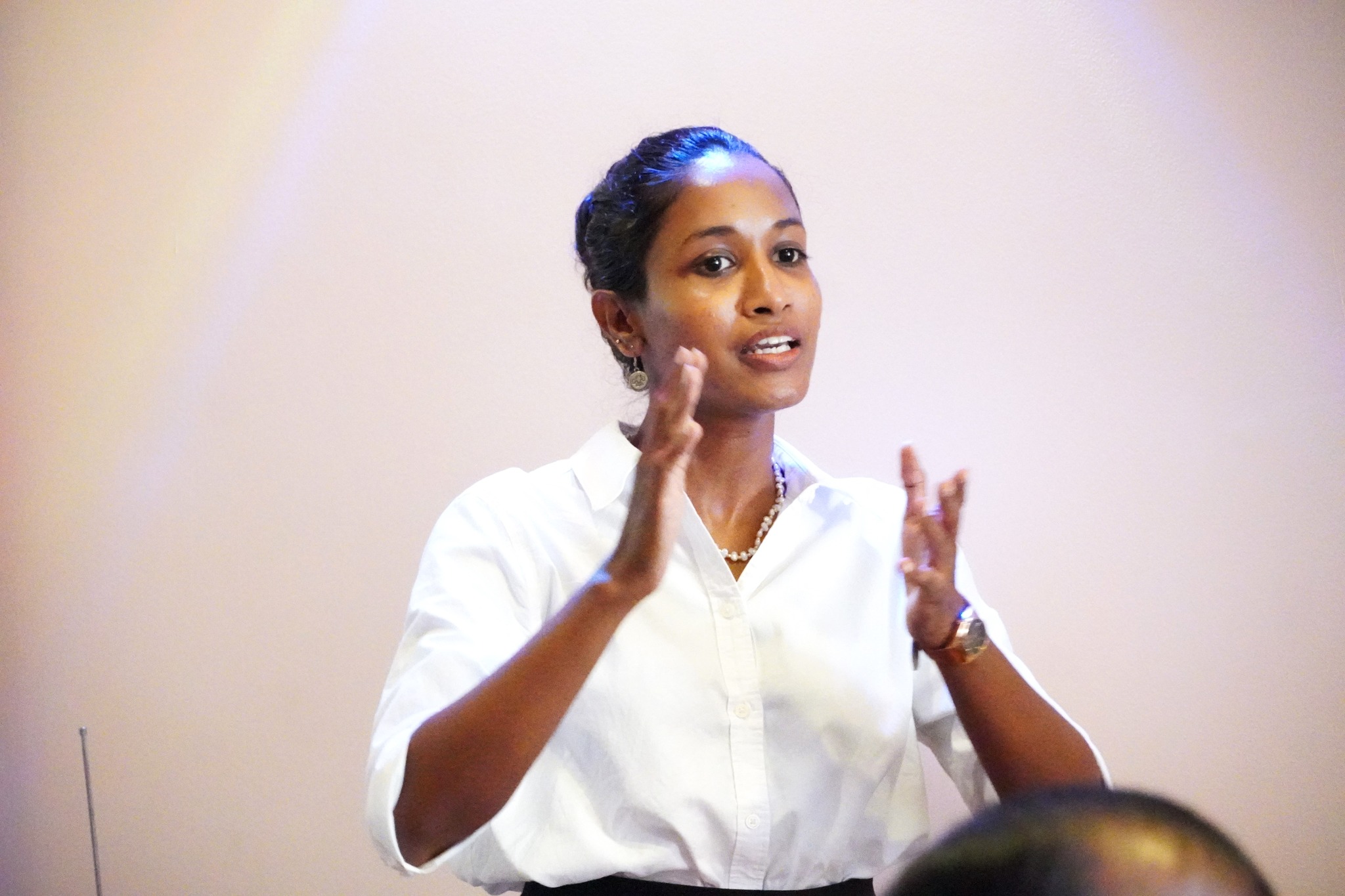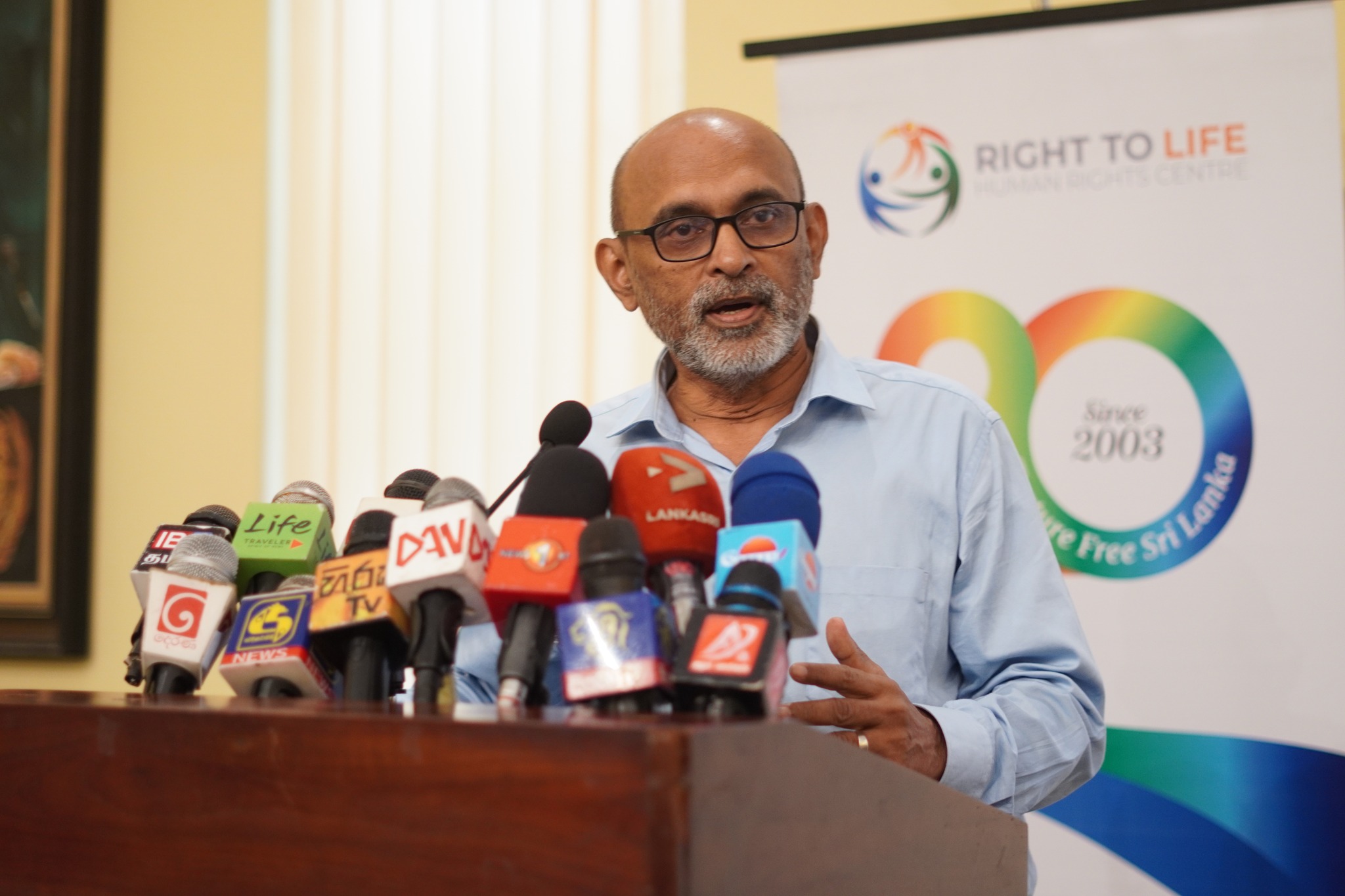Prasanna Pradeep Kumara
The civil war in Sri Lanka is one of the darkest chapters in the nation’s history. The pain it caused to the people is immeasurable, and though the war has ended, its wounds remain fresh for many, especially those in the north and east. They paid the highest price with their lives, limbs, and loved ones. Among them is Baddharage Siripala, whose story reflects the endless sorrow and struggle left behind by the war.
Siripala now lives in the remote Bogaswewa area, about 30 kilometers from Vavuniya. He leads a quiet, religious life, having lost everything to the war. His story symbolizes the fate of thousands of others.
One of the most horrific attacks in the last phase was Sri Lanka’s civil war was the bombing of a passenger bus carrying civilians in Kebitigollewa. The attack, which took place on June 15, 2006, is considered one of the most brutal acts of the Fourth Eelam War. The central figure of this story, Siripala, witnessed this tragedy firsthand.
Reflecting on that dark day, Siripala says, “The Kebitigollewa bus bombing is something that haunts me to this day. Right in front of my eyes, my entire family was destroyed. I had to bury 18 members of my family in one grave, all in a single moment.”
He continues, “On June 13, 2006, I visited my wife’s parents in Yakawawa, a small village in Kebitigollewa. At the time, we were living in Mahakachchakodiya, Vavuniya. My wife and I had been talking about the trip for days. We prepared delicacies to be gifted to her parents. Our two children were so excited to take the bus, and they were equally thrilled to visit their grandparents. I never imagined that evening would be our last happy moment together.
“My wife’s father gave me a bicycle, so I planned to ride the bicycle back while my family took the bus. Initially, we had planned to leave on the 18th. However, on the night of the 14th, an unexpected tragedy struck—my wife’s cousin was shot dead by the LTTE in Vavuniya at 4 a.m. on the 14th. Therefore, we decided to travel back to Vavuniya on the 15th. I can still remember that day clearly. About 20 members of our family were standing outside the house, ready to board the bus. I told my wife to take the children on the bus while I followed behind on the bicycle.
“As the bus was taking the passengers on board, including many mothers with their children heading to the clinic at each bus halt, I passed the bus and pedaled. Suddenly, I heard a loud explosion. I looked back and saw the bus in flames, overturned in a ditch. I ran toward it, screaming, but I couldn’t find my wife or my children. The bus was filled with nothing but flesh and smoke. Some people were still alive but unable to speak. I frantically searched through dead bodies for my family, but I couldn’t find them.
“I ran to the Kebitigollewa hospital, barefoot, searching for my family. Only one of my children survived, covered by my wife’s body when the bomb went off. He had minor injuries, but my wife and elder son were gone. In just one hour, I had lost my beautiful family. My wife K. Upamavathi and my eldest son were dead. My family, with 18 members including the extended family, who had boarded that bus, were all dead.”
Siripala broke down in tears as he finished his story. He has decided never to return to the family home in Mahakachchkodi. He says he cannot live there because of the memories that come to his mind. His surviving son has now married and lives separately. Siripala lives alone with the memories of his lost family.
The Kebitigollewa bus bombing claimed the lives of 68 people, mostly women and children. Such tragedies destroyed many families. War leaves behind only destruction. There are no winners or losers in the war, only survivors like Siripala who are forced to live with the memories of what they’ve lost. We can only hope that stories like this will never be heard or seen again.

Photo caption:
01: B. Siripala


